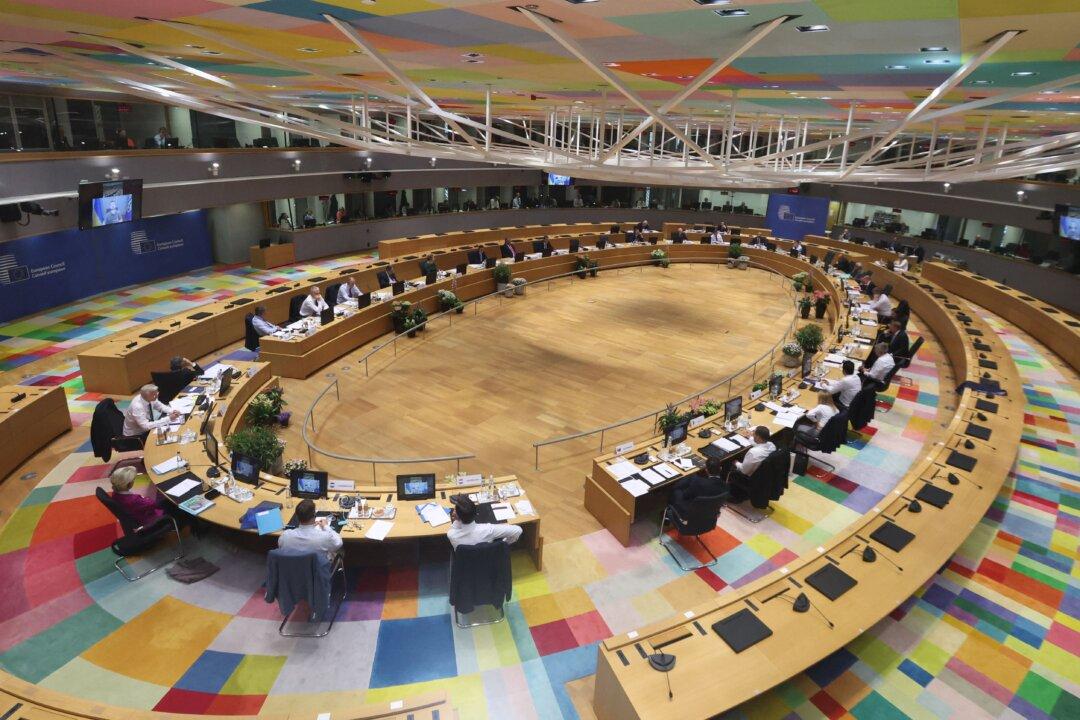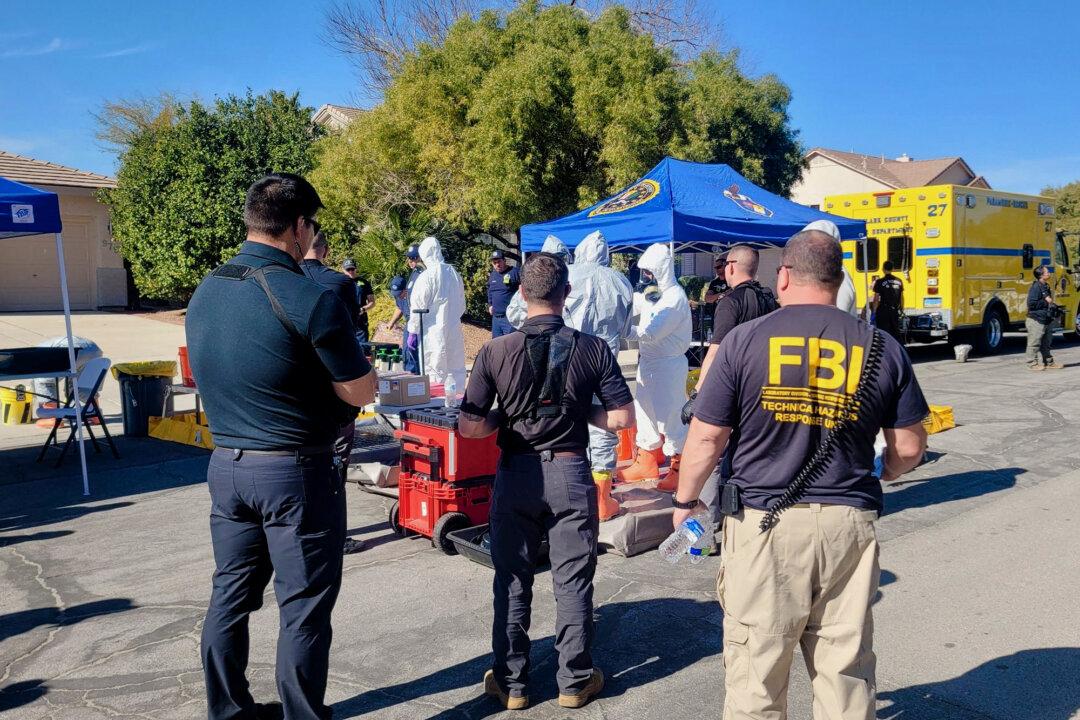The latest on the Russia–Ukraine crisis, May 30. Click here for updates from May 29.
EU Leaders Agree to Ban 90 Percent of Russian Oil by Year-End
European Union leaders agreed Monday to embargo most Russian oil imports into the bloc by year-end as part of new sanctions on Moscow worked out at a summit focused on helping Ukraine with a long-delayed package of new financial support.The embargo covers Russian oil brought in by sea, allowing a temporary exemption for imports delivered by pipeline, a move that was crucial to bring landlocked Hungary on board a decision that required consensus.





